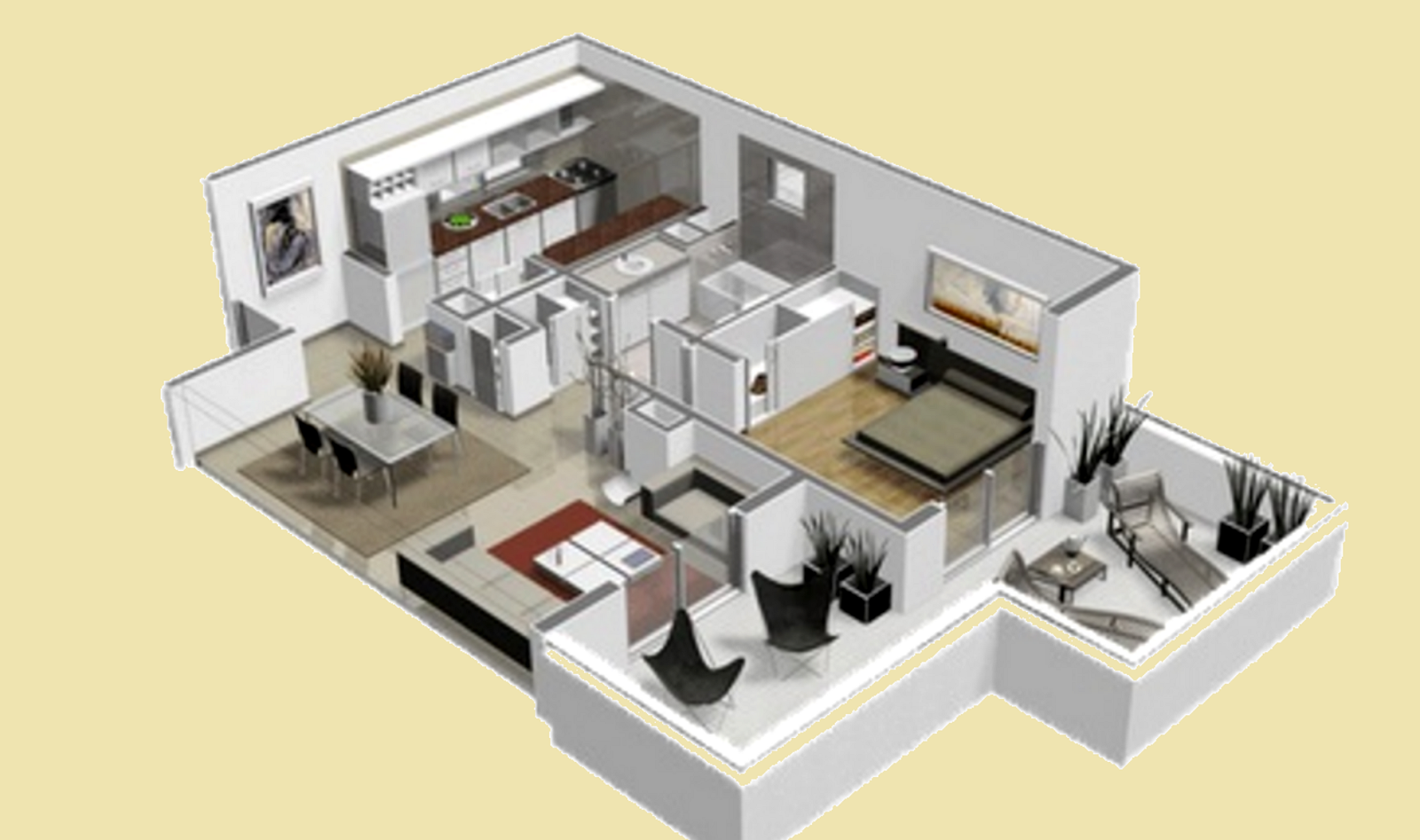
Introduction to House Plans

House plans play a crucial role in the construction of any residential property. They provide a detailed blueprint of the layout, design, and dimensions of a house. Whether you are building your dream home or renovating an existing one, having a well-designed house plan is essential to ensure a smooth construction process. This article will guide you through the importance of house plans and provide valuable insights into creating your ideal living space.
The Importance of House Plans

House plans are essential as they serve as a visual representation of your dream home. They outline the overall structure, room sizes, and layout of the house. Having a well-thought-out plan allows you to envision the final product and make necessary adjustments before construction begins. It also enables builders and contractors to understand your requirements and execute the project accordingly.
Moreover, house plans are crucial for obtaining necessary permits and approvals from local authorities. These plans demonstrate compliance with building codes and regulations, ensuring a safe and legal construction process. They also help estimate the overall cost of the project and enable you to plan your budget effectively.
Designing Your Dream Home

When designing your dream home, it's important to consider your lifestyle, preferences, and future needs. Start by determining the number of bedrooms, bathrooms, and living spaces required. Consider the size of your family, potential guests, and any specific features you desire, such as a home office or a garden.
Next, think about the architectural style and aesthetic appeal you want for your home. Browse through various design inspirations, consult with an architect or designer, and select a style that reflects your personality and suits the surrounding environment. Whether it's a modern, traditional, or contemporary design, ensure it aligns with your vision.
Additionally, pay attention to the functionality and flow of your house plan. Consider factors such as natural light, ventilation, and the placement of rooms to optimize comfort and convenience. A well-designed house plan takes into account the orientation of the sun, prevailing winds, and the surrounding landscape to create a harmonious living space.
Working with an Architect or Designer

Collaborating with an experienced architect or designer can greatly enhance the quality of your house plan. They possess the expertise to transform your ideas into a functional and aesthetically pleasing design. Begin by sharing your vision, lifestyle requirements, and any specific needs you have for your home.
Architects and designers will ask detailed questions to gain a comprehensive understanding of your expectations. They will consider factors such as building materials, sustainability, energy efficiency, and construction techniques to create a plan that aligns with your budget and preferences. Their knowledge and creativity will help optimize the use of space and create a unique design tailored to your needs.
During the design process, you'll have the opportunity to review and provide feedback on the initial concept plan. Make sure to communicate any changes or modifications you desire to ensure the final plan meets your expectations. Once the design is finalized, the architect or designer will create detailed construction drawings, including floor plans, elevations, and cross-sections.
Choosing the Right House Plan

When selecting a house plan, consider factors such as your budget, lifestyle, and future needs. Browse through various house plan catalogs or explore online platforms that offer a wide range of designs. Take note of the features, room sizes, and overall layout of each plan to find one that suits your requirements.
Additionally, consider the size of the lot or land where you plan to build your house. Ensure the chosen plan is compatible with the available space and adheres to local building regulations. If necessary, consult with an architect or designer to make any necessary modifications to the chosen plan to fit your specific needs and site conditions.
It's also important to evaluate the functionality of the house plan. Analyze the flow of spaces, accessibility, and the relationship between different areas. Imagine yourself living in the house and assess whether it meets your daily needs and preferences. A well-designed house plan will maximize space utilization and create a harmonious living environment.
Conclusion
House plans are a fundamental aspect of any construction project. They provide a detailed roadmap for builders, contractors, and homeowners to follow. By investing time and effort into creating or selecting the right house plan, you can ensure your dream home becomes a reality. Whether it's a small cottage or a sprawling mansion, a well-designed house plan is the foundation for a successful and satisfying living experience.